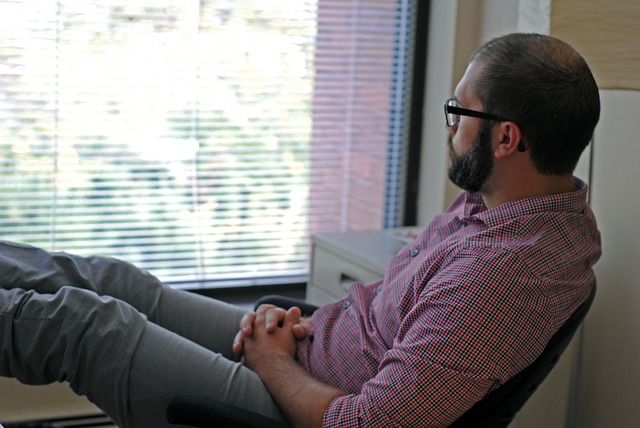In today’s fast-paced world, the struggle with life’s ups and downs can often leave us feeling overwhelmed. Among the myriad solutions offered, counselling stands out as a beacon of hope, guiding individuals through difficult times towards a brighter path. Yet, despite its proven efficacy, many hesitate to seek this support due to the unwarranted stigma attached to mental health services. It’s time we challenge these misconceptions and celebrate the strength in seeking help, recognising counselling for what it truly is—an essential tool for mental health and well-being.
Understanding the Stigma
For generations, society has woven a narrative around mental health that paints those seeking help as ‘weak’ or ‘defective.’ This dangerous misconception has led to a pervasive silence, stopping many from accessing the support they need. The culture of silencing discussions around mental health issues only exacerbates the problem, trapping individuals in a cycle of suffering and isolation. Recognizing the falsity of this stigma is the first step towards creating a more accepting and supportive environment for everyone.
The Power of Support
Counselling provides a safe and confidential space for individuals to explore their feelings, behaviours, and thoughts with a trained professional. This process not only helps in coping with current issues but also equips individuals with tools for managing future challenges. By normalising conversations around mental health and seeking support, we can begin to dismantle the barriers that prevent people from accessing these essential services.
Cultivating a Culture of Openness
Transitioning to a stigma-free perspective on counselling involves encouraging open discussions about mental health. Sharing personal stories of growth and recovery can be incredibly empowering, not just for the storyteller but for others who might be struggling in silence. These narratives can also offer hope and a sense of community, reassuring individuals that they are not alone in their experiences.
The Impact of Stigma-Free Counselling
When we eliminate the stigma around counselling, we pave the way for countless positive outcomes. Individuals who seek support are more likely to develop effective coping strategies, experience improved relationships, and enjoy a better quality of life. Counselling can also play a crucial role in preventing mental health conditions from deteriorating, offering a lifeline to those on the brink of crisis.
Furthermore, stigma-free counselling encourages a holistic approach to wellbeing, recognizing the importance of mental health alongside physical health. This balanced perspective is essential for fostering resilient individuals and communities.
Fostering Supportive Environments
Creating spaces where people feel comfortable seeking help starts with each of us. Whether in workplaces, schools, or within families, championing mental health support systems and resources can make a significant difference. Employers, educators, and family members should be proactive in offering support and understanding, reinforcing the message that seeking counselling is not only acceptable but commendable.
Taking the First Step
If you or someone you know is considering counselling, remember that reaching out for help is a sign of strength, not weakness. Many resources are available, from local mental health services to online counselling platforms, offering support tailored to individual needs. Taking the first step can be daunting, but it is also the beginning of a rewarding journey towards healing and growth.
Conclusion
Counselling is an invaluable resource for navigating life’s challenges, and it is time we shed the misconceptions surrounding it. By fostering open conversations about mental health and actively supporting those who seek help, we can create a more inclusive and compassionate society. Remember, seeking counselling is a courageous move towards self-awareness and empowerment. In a world that often seems indifferent, choosing to prioritise your mental health is a profound act of self-care. Together, we can destigmatize counselling and pave the way for a healthier, happier future.
